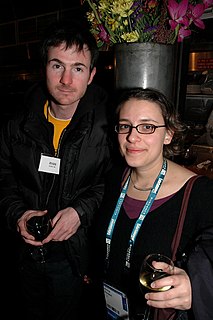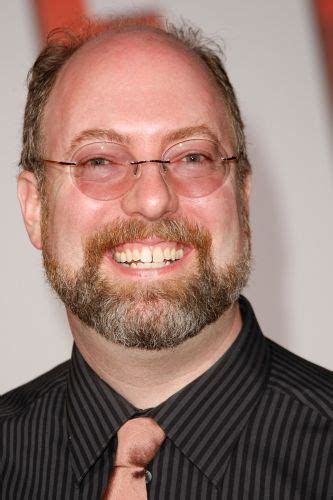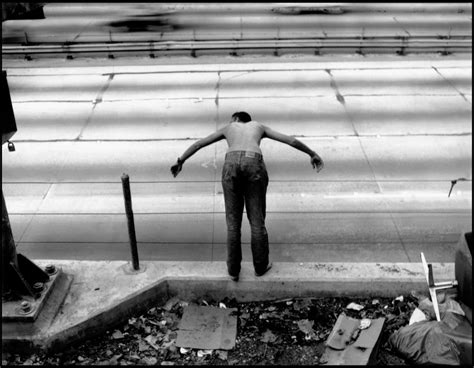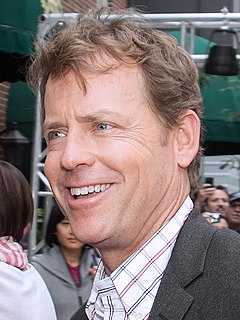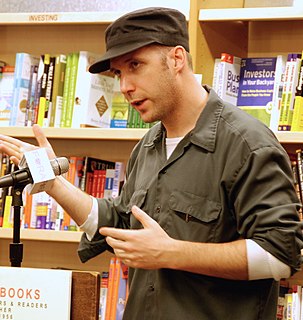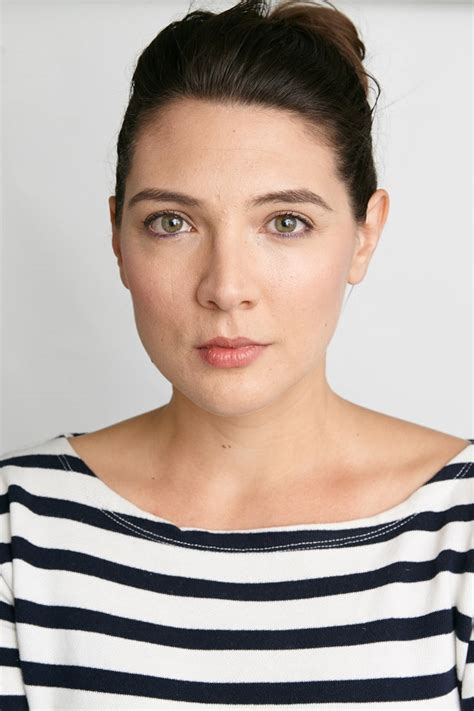A Quote by Ryan Fleck
We may have our own ideas in the writing and editing stages, but we work out those disagreements in a constructive way.
Related Quotes
Of course, even if the directors like my ideas or the designs I do, they may end up changing the story so much, that those characters have to change, or get cut out altogether, and that's just the way it is. Sometimes the directors are designers themselves, or they want to work with a character designer who will do things in their own distinct way - sometimes the most important thing I do is figure out what they don't want to do, by experimenting. Either way, whether they use my ideas or not, I get paid, so it's all good.
If you notice phrases, ideas, and anecdotes that closely resemble those that appear elsewhere in my writing, it's not a matter of sloppy editing. I'm repeating myself. I'm reshuffling words in the hope that just once I might say something exactly right. And I'm still wrestling with dilemmas that are not easily resolved or easily dismissed. I run at them again and again because I am not finished with them. Any may never be. Work-in- progress on a life-in-progress is what my writing is about. And some progress in the work is enough to keep it going on.
Directing's the best part. Whenever I've directed something, there's this feeling of demand and focus that I like. And secondly, it means that you've gotten through all the writing stuff, and the producing stuff, and casting, and prep, and all those stages that are seemingly endless. So directing is sort of the reward for all the work you put in before. And then there's the editing, which is another amazing stage of the process. It's incredible the moments you can create.
Ever since 'Strange Heaven,' I haven't really reread my old work. Not so much because I don't like the writer I was, or because I find flaws in the writing, but more because I get so burnt out on a novel once I've finished writing, revising, editing and copy editing it that I genuinely never want to look at it again after it's gone to press.
I have never tried to bear a judgment against my own father because I consider that, in our European culture, one does not judge his parents. Now, I have expressed my disagreements with my father on certain points, disagreements related to the way one should express things, something that has also to do with a difference of generations.
There are stages in bread-making quite similar to the stages of writing. You begin with something shapeless, which sticks to your fingers, a kind of paste. Gradually that paste becomes more and more firm. Then there comes a point when it turns rubbery. Finally, you sense that the yeast has begun to do its work: the dough is alive. Then all you have to do is let it rest. But in the case of a book the work may take ten years.
In order to figure this artmaking stuff out, it's trial and error and experimentation, and takes some time and hard thinking. Putting work out in many forms and stages is an extension of how I see things. I feel the art process is best served when it invites comments and constructive criticism from people.
In live-action, writing, production, and editing happen in discrete stages. In animation, they overlap - happening simultaneously. This allows a real dialogue to occur between the writer, the director, the actors, and the editor, and it makes the writing process a lot more collaborative and a lot less lonely.
In live-action, writing, production and editing happen in discrete stages. In animation, they overlap - happening simultaneously. This allows a real dialogue to occur between the writer, the director, the actors and the editor, and it makes the writing process a lot more collaborative and a lot less lonely.
When I'm editing my work, I'm looking for everything to fit, to feel seamless, for every detail or line of dialogue or scene to feel necessary and organic. I approach the writing of others in much the same way while always working to preserve the writer's voice. To allow myself to be vulnerable on the page, I tell myself no one is going to read my work. There's no way I could put myself out there otherwise.
